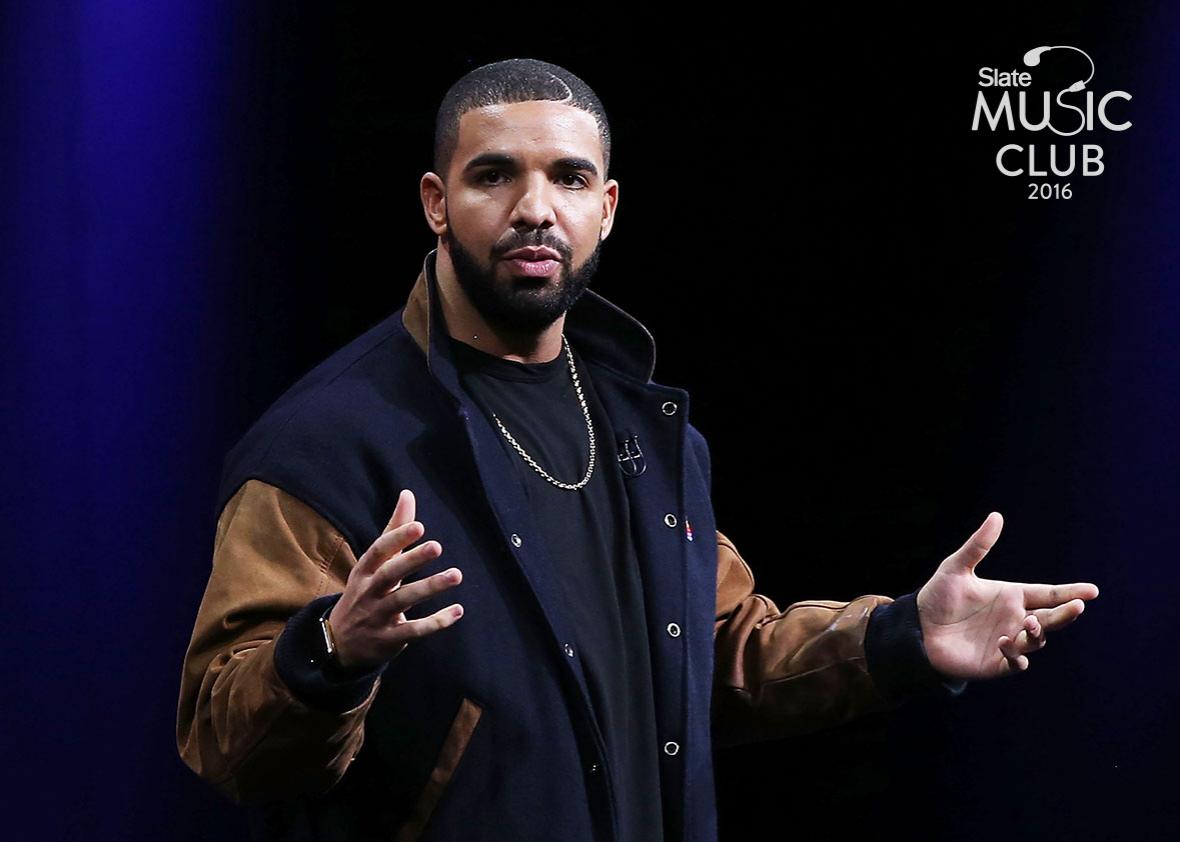Ann, I’m so glad you invoked the music in Moonlight, which was a sly example of the way even now regionalism is never fully dead; screw music isn’t necessarily de rigueur the way it once was 15 or 10 or even three years ago, but I’m told the transcendent chopped-and-screwed clip of “Classic Man“ Chiron bumped in his vehicle is still eminently accurate and placeable in Miami, a true screw town and a visual and audio cue for a scene in which he was finally going home.
In the year of Lemonade, music from film and television was more important and impactful than I can remember. The Stranger Things soundtrack—a Tangerine Dream/Alan Howarth–devotional horrorscape of arpeggiating synths—was celebrated enough to propel its composers, Michael Stein and Kyle Dixon of Survive, into becoming stars. (Their Grammy nominations were probably less important than their continued ability to release music.) A lot of this came courtesy of Netflix, which as a development hub is ever indispensable. Baz Luhrmann’s messy The Get Down celebrated the inception of hip-hop and salsa with original musical numbers and new joints by artists such as Miguel. One of the best songs I heard this year was the uplifting, soulful, 30-second theme song to Chewing Gum, written and performed by show creator/star Michaela Coel. Frustratingly, it wasn’t available elsewhere, so I resorted to rewinding it a bunch on my Netflix account. (A happy side effect of this was “accidentally” watching the whole series three times; Coel’s bright, charming tale from the perspective of a 24-year-old virgin living on a council estate and just trying to make it work was the best television show of the year.)
Most fascinating was television’s ability to break and celebrate new artists, often at the hands of Raphael Saadiq, who provided music supervision for both Luke Cage and Issa Rae’s wonderful Insecure, a virtual clearinghouse for great new music. The latter also included Solange as a consultant, and the impact of her woman-focused, soul music label/website Saint Heron was evident. I was thrilled to hear the frequent appearance of tracks from rapper/singer Kari Faux, whose Arkansas-to-L.A., easy G-funk meditation Lost En Los Angeles was one of the year’s best and most overlooked albums. And Westworld’s eerie rock covers on player piano were both viral and strange, courtesy Game of Thrones composer Ramin Djawadi; I never knew I wanted to hear “Paint It Black” rendered in the style of Ennio Morricone, but here we are.
The promise of the internet and the opportunity for democratization in music just haven’t gone the way I’d hoped, so these soundtracks and pointed multimedia releases have been welcome. As music discovery becomes more concentrated and consolidated (goodbye, Vine) thanks to Spotify recs and Tidal-only exclusives (my New Year’s resolution: cancel Tidal) and Beats 1 premieres that one feels obligated to indulge for the sake of relevancy, the free-for-all that once was a deep-dive internet search for a weird track has dissipated a bit, in lieu of streaming services handing you what you want on a platter. “Discovery” features feel like an exercise in marketed groupthink, even when they occasionally do yield new music.
With that in mind, one of my favorite viral stories of the year was that of Sammie, former R&B child star now grown into a soulful singer of the gossamer, sex-you-up ilk. In July, while working on “I’m Him”—a song convincing a sweet new love that he’s not like the other dudes—he posted a clip to his Instagram in which he sang a bit of it live. He had no label nor a real plan—but the video was good, and it was reposted by the gossip outlet the Shade Room. Before long, the video had more than 3 million views, so Sammie was emboldened by this enthusiastic fan base to make and release the sensual, solid I’m Him EP on his own label imprint, a career revitalization that helped publicize his overlooked but fantastic 2015 album Indigo, also self-released, after a midcareer fizzle. Sammie spent the entirety of the year thanking the Shade Room in every single interview he gave, crediting it with mobilizing the swarm of fans who grew up on him but had lost track of his career—the internet as its best self.
If ever you’re in doubt, just get your wings out,
Julianne
